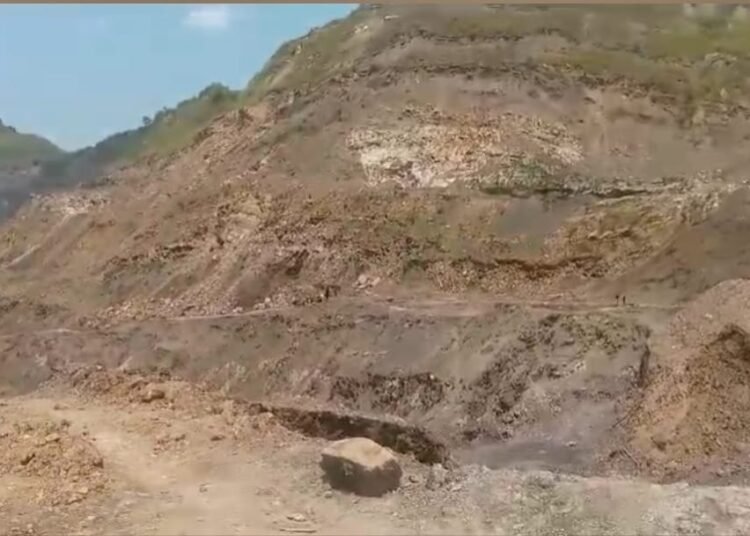The bodies of two coal miners from Meghalaya, who were trapped inside an illegal rat-hole mine in the Patkai Hills of Tinsukia District in Assam, were found today.
Ri Bhoi Superintendent of Police, Jagpal Singh Dhanoa confirmed that the bodies are of Phingal Umbah (24) from Shnatyrkhang village and John Nongrum (39) from Umsohlait village.
The two miners and another from Nepal, identified as Dawa Sherpa, were trapped after a landslide hit the illegal rat-hole mine located between Bargolai and Namdang in the Patkai hills on May 25.
Altogether four miners were at the site when the mishap occurred. While three were extracting coal from a narrow tunnel by following the method of rat-hole mining, another was transporting the extracted coal. The three in the tunnel got trapped in the landslide.
Dhanoa said the bodies are yet to be handed over to their families and Ri Bhoi police are assisting the families to bring the bodies back to their hometown from Tinsukia.
Olida Mukhim, a relative of one of the victims, stated that the family is preparing to travel to Tinsukia to take the bodies.
Landslides and flooding in the coal mines of the Northeast are common. There have been incidents of coal miners losing their lives due to asphyxiation after release of toxic gases.
In January this year, six workers were charred to death and four others injured at a coal mine in Nagaland’s Wokha district.
The National Green Tribunal had banned rat-hole mining in 2014. However, coal is still extracted by following this dangerous method in the Northeast.
Most coal mines are located in Meghalaya and the state recorded numerous incidents of coal mine tragedies. High daily wages, which could go up to Rs 2,000, draw the poor to the mines.
The worst coal mine tragedy in the Northeast had occurred in December 2018. Fifteen miners, most of them from Assam, had died when an illegal rat-hole mine at Ksan in Meghalaya was flooded by the water of a nearby river.
























